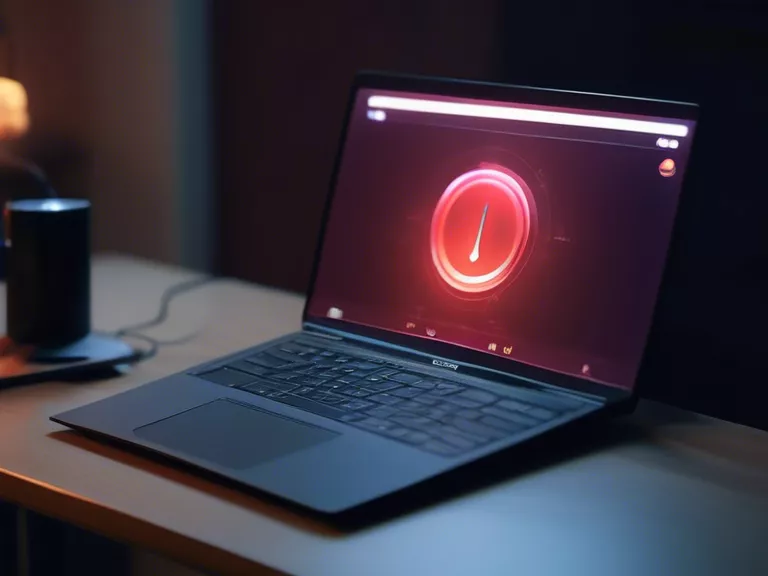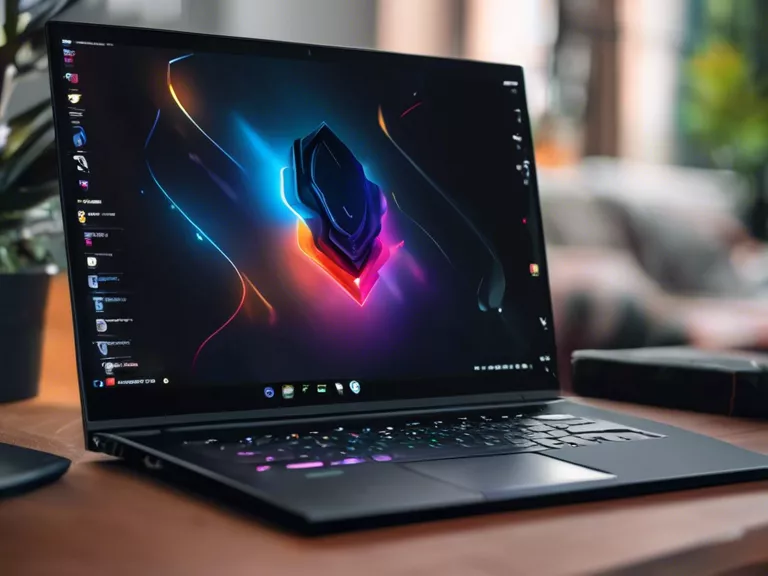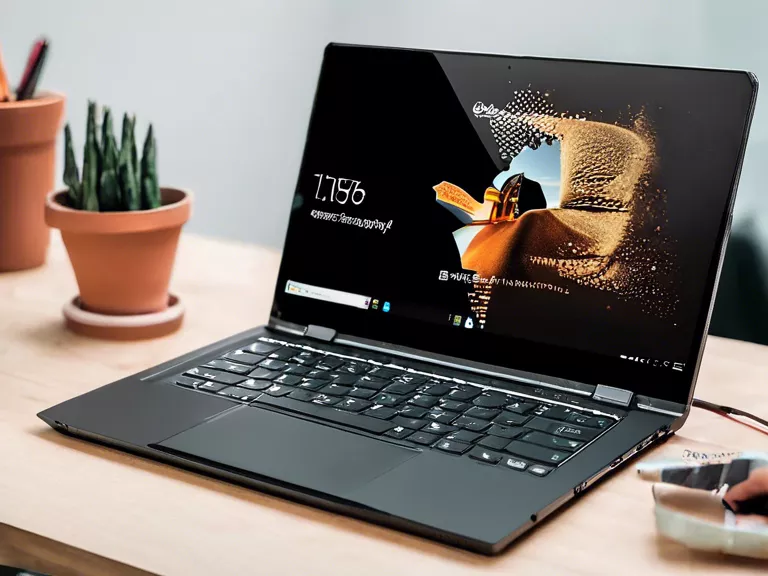
With the increasing reliance on laptops for work, school, and entertainment, it's important to ensure that your laptop's battery health is maintained for optimal long-term usage. By following some simple tips and best practices, you can extend the lifespan of your laptop battery and keep it functioning at its best for years to come.
1. Avoid Overcharging: Overcharging your laptop can degrade the battery over time. Once your laptop is fully charged, unplug it to prevent damage to the battery cells.
2. Calibrate Your Battery: Calibrating your laptop battery every few months helps to ensure that the battery percentage displayed is accurate. To calibrate your battery, fully charge it, then use it until it completely drains before charging it again.
3. Keep Your Laptop Cool: Heat can be damaging to your laptop battery. Keep your laptop in a well-ventilated area and avoid using it on soft surfaces like beds or couches, which can block the vents and cause overheating.
4. Use Power Saving Settings: Adjust your laptop's power settings to reduce the strain on your battery. Lower the screen brightness, turn off background programs, and enable power-saving modes to conserve battery life.
5. Avoid Full Discharges: While it's important to fully discharge your battery occasionally to calibrate it, frequent full discharges can actually be harmful to your battery's health. Try to keep your battery level between 20% and 80% for optimal performance.
By implementing these tips and practices, you can manage your laptop's battery health and ensure that it continues to perform well for years to come. Taking care of your laptop battery will not only save you money in the long run but also contribute to a more sustainable approach to technology usage.



